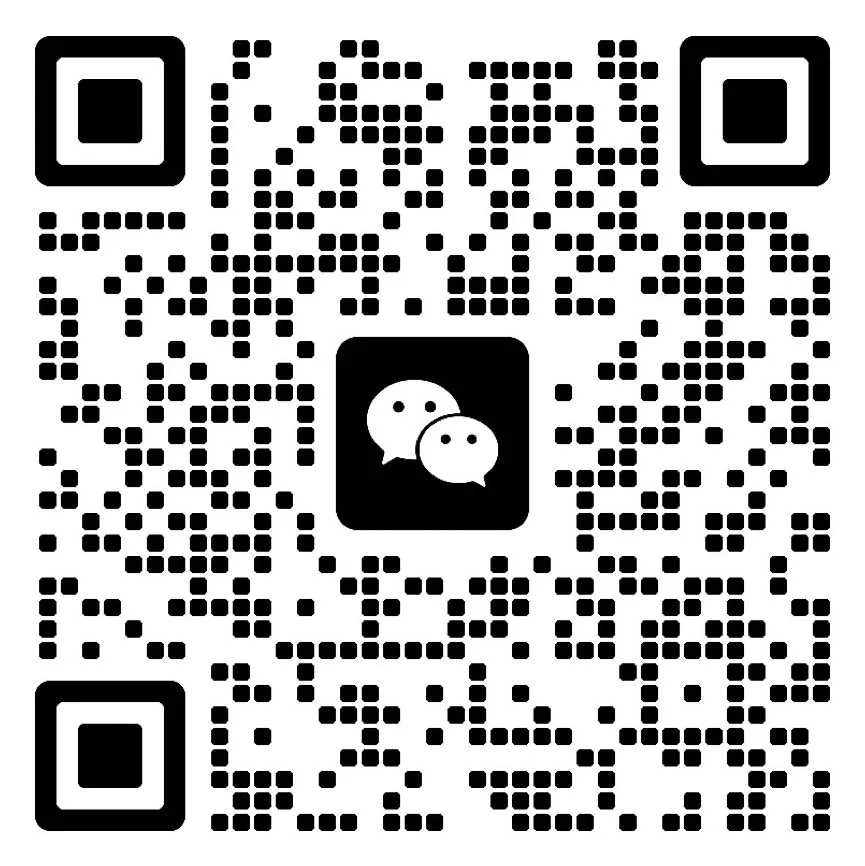In an increasingly connected world, the silent work of cable manufacturing equipment forms the bedrock of global communications, with double twist stranding technology at its forefront.
In the heart of cable manufacturing facilities worldwide, a quiet revolution is underway. The double twist stranding machine, a engineering marvel, has become the undisputed backbone of quality cable production, enabling the high-speed creation of perfectly twisted conductors that form the lifeline of our digital existence.
As data transmission demands skyrocket from AI integration to IoT expansion, these sophisticated machines have emerged as critical assets for cable manufacturers striving to meet rigorous performance standards while maintaining production efficiency.
The Engineering Principle: Two Twists, Single Pass
The fundamental breakthrough of double twist technology lies in its elegant efficiency. Unlike traditional single twist systems that require multiple operations to achieve specified twist lengths, double twist stranding machines accomplish two complete twists for every single revolution of the central capstan.
This ingenious mechanical principle effectively doubles production output while maintaining consistent twist quality across every centimeter of cable produced.
“The double twist stranding machine represents one of those rare innovations where efficiency and quality converge,” explains Lin Huazhong, founder of DOSING Automation Technology and a 30-year veteran in cable equipment R&D. “By solving the speed limitations that plagued traditional cantilever-style machines, we’ve enabled manufacturers to increase production efficiency by over 40% while achieving superior electrical characteristics in the final cable product.”
Beyond Speed: The Quality Imperative
While production speed commands attention, the quality advantages of modern double twist systems demand equal consideration. Contemporary double twist stranding equipment incorporates advanced tension control systems that maintain consistent conductor alignment throughout the stranding process.
This precise control eliminates the internal stresses that can compromise signal integrity in high-frequency applications. The technological marriage of precision mechanical systems with PLC-based automation has elevated double twist machines from mere production tools to sophisticated quality assurance instruments.
The significance of this quality leap becomes apparent when examining network performance metrics. Cables produced using advanced double twist technology demonstrate reduced attenuation and improved impedance stability—critical factors in high-speed data applications where signal integrity directly impacts network reliability and speed.
The Digital Transformation
Modern double twist stranding machines have embraced digitalization with remarkable results. At DOSING’s innovation lab, the integration of PLC control systems has transformed these workhorse machines into intelligent manufacturing nodes.
“Our implementation of IoT sensors and real-time monitoring capabilities allows operators to predict maintenance needs and optimize production parameters on-the-fly,” notes Lin. “This digital transformation has reduced unplanned downtime by approximately 30% while improving overall equipment effectiveness.”
The automation extends beyond mere operation monitoring. Contemporary systems feature self-adjusting capabilities that compensate for material variations and environmental factors, maintaining consistent quality regardless of external conditions. This level of precision is particularly valuable in specialized applications like the manufacturing of communication cables, where consistent electrical properties are non-negotiable.
Economic Impact: Beyond the Machine Price Tag
While the capital investment for advanced double twist stranding equipment is considerable, the total cost of ownership reveals a different story. The efficiency gains from dual-twist technology create a compelling economic case.
Manufacturers implementing these systems report significant reductions in per-meter production costs, driven by increased output speeds and reduced labor requirements. The consistency of automated systems also minimizes material waste—a crucial consideration given the volatile prices of copper and specialty alloys.
The flexibility of modern double twist machines further enhances their economic viability. Quick-change systems allow manufacturers to switch between configurations with minimal downtime, enabling smaller batch production runs without sacrificing efficiency. This adaptability has proven particularly valuable in today’s market, where custom cable specifications have become increasingly common.
Material Science Considerations
The effectiveness of any stranding process is inextricably linked to material behavior. Double twist technology must account for the physical properties of various conductor materials, from traditional copper to emerging alternatives.
The mechanical stresses inherent to the stranding process can work-harden conductors, potentially affecting their electrical characteristics. Advanced double twist systems address this challenge through precision-guided mechanisms that minimize excessive torsion while maintaining the intended twist pitch.
Complementing this mechanical precision, auxiliary technologies like those found in退扭机构 (back twisting mechanisms) ensure that individual wires maintain optimal orientation throughout the process . This attention to material behavior distinguishes premium double twist systems from their conventional counterparts.
Sustainability Dimensions
In an industry increasingly focused on environmental responsibility, double twist stranding technology offers meaningful ecological benefits. The efficiency advantages extend beyond mere production speed to encompass resource utilization.
Modern machines demonstrate remarkable energy efficiency through optimized motor systems and regenerative drive technologies. Some advanced models feature energy recovery systems that capture and reuse power during deceleration cycles, significantly reducing overall consumption compared to traditional equipment.
The reduction in material waste represents another sustainability advantage. The precision of contemporary double twist systems minimizes conductor scrap, while consistent quality ensures fewer production rejects. These efficiency gains, though seemingly small per machine, generate substantial environmental benefits when scaled across entire manufacturing operations.
Customization Capabilities
The one-size-fits-all approach has no place in modern cable manufacturing. Recognizing this reality, equipment manufacturers have developed highly adaptable double twist platforms that can be configured to address specific production requirements.
From fine-stranded conductors for flexible applications to compact configurations for space-constrained installations, these versatile systems accommodate diverse needs through modular component systems. This flexibility extends to various pay-off and take-up arrangements that handle different spool sizes and packaging formats.
Specialized versions for particular industries have emerged, including models optimized for producing the precisely twisted pairs essential in network communications data lines . This targeted approach ensures that manufacturers can select equipment precisely aligned with their specific technical and production requirements.
The Future of Stranding Technology
The evolutionary trajectory of double twist stranding technology points toward increasingly intelligent systems. The integration of machine learning algorithms for predictive maintenance and quality optimization represents the next frontier, with early adopters already demonstrating impressive results.
“We’re approaching an era where stranding equipment will autonomously optimize its operation based on real-time quality metrics,” suggests Lin. “The marriage of advanced sensor technology with self-adjusting mechanical systems will further reduce human intervention while enhancing output quality.”
Emerging applications in fields like renewable energy and electric vehicles are driving innovation in stranding technology. The success of projects like floating wind power systems, which rely on specialized cables for energy transmission , underscores how advancing cable manufacturing technology enables new energy solutions.


